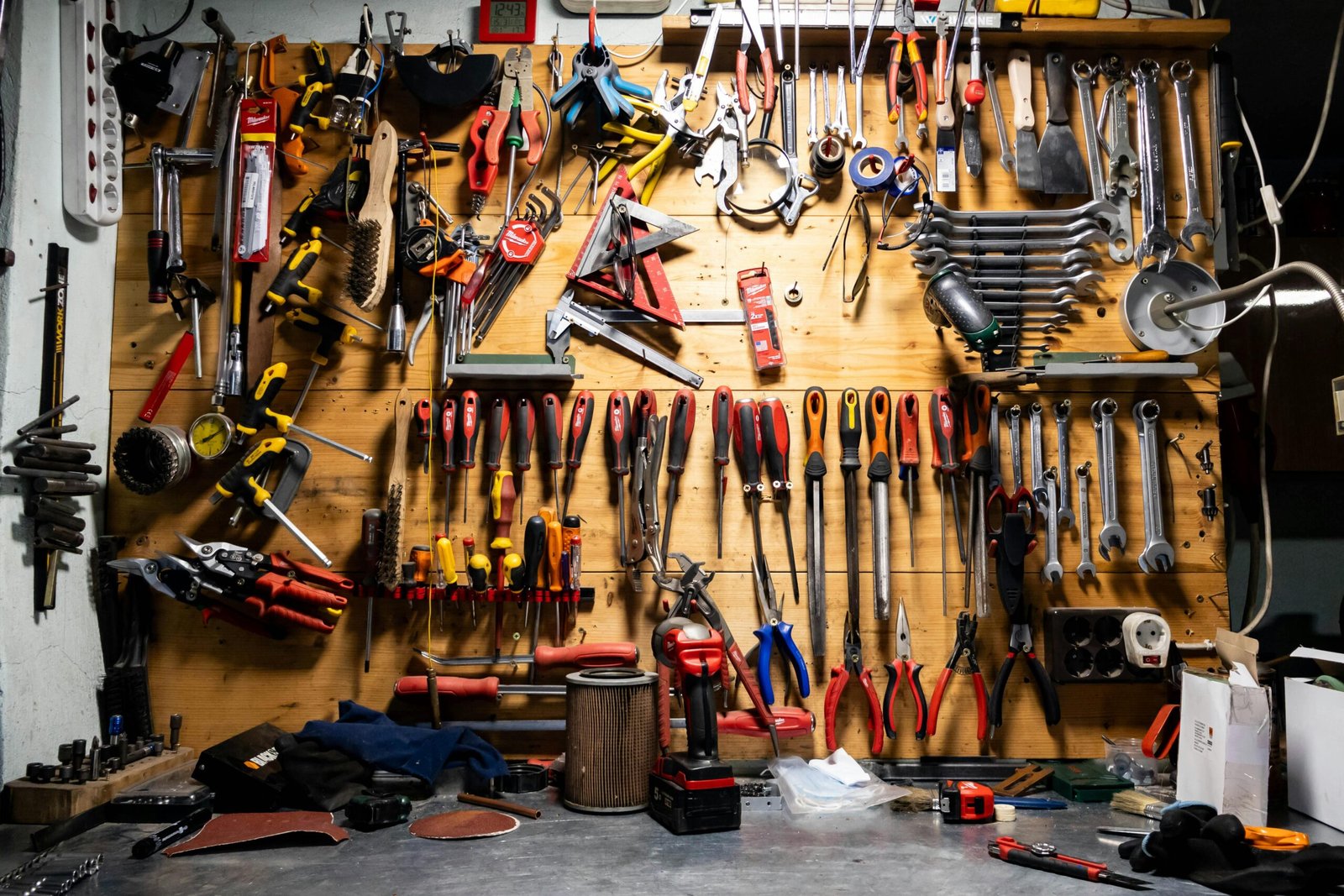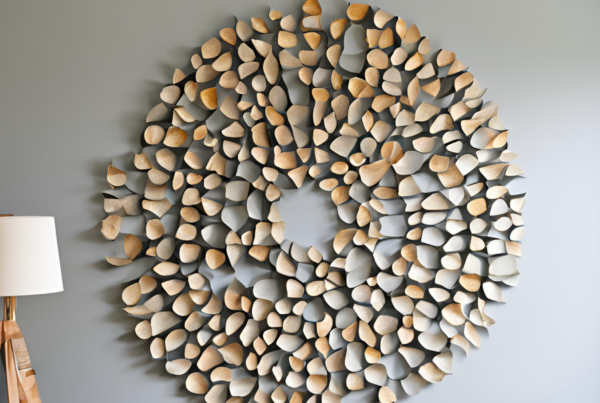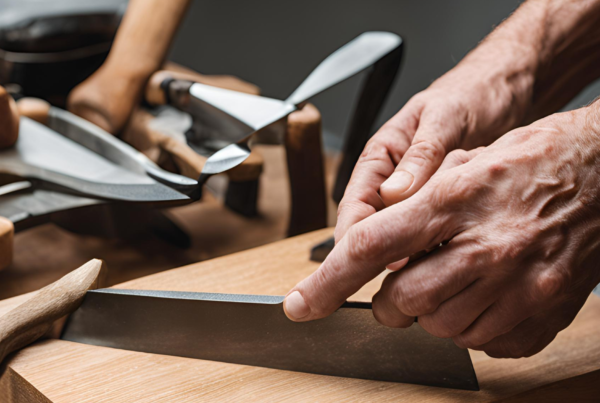Introduction
Whether you’re a seasoned DIY enthusiast or just starting your journey, having the right tools can make all the difference in tackling projects efficiently and safely. In this blog post, we’ll delve into the essential tools that should be part of every DIYer’s toolkit. From versatile power tools to trusty hand tools, we’ll cover the basics and provide tips on choosing the right ones for your needs.
Essential Power Tools:
- Cordless Drill/Driver: A versatile tool for drilling holes, driving screws, and even mixing paint. Look for one with variable speed and multiple torque settings for flexibility Cordless Drill/Driver
- Circular Saw: Ideal for cutting wood, plywood, and other sheet materials. Choose a saw with a comfortable grip and a blade guard for safety. Circular Saw
- Jigsaw: Perfect for making curved and intricate cuts in wood, metal, and plastic. Look for a jigsaw with variable speed and orbital action for smoother cuts Jigsaw
- Random Orbital Sander: Essential for smoothing surfaces and removing material. Choose a sander with variable speed and dust collection for a cleaner workspace Random Orbital Sander
Essential Hand Tools:
- Hammer: A must-have for driving nails and assembling projects. Choose a hammer with a comfortable grip and a claw for removing nails. Hammer
- Screwdriver Set: A variety of screwdrivers (Phillips, flathead, etc.) in different sizes is essential for fastening screws. Consider a magnetic tip for easier handling. Screwdriver Set
- Tape Measure: Accurate measurements are crucial for any DIY project. Choose a tape measure with a locking mechanism and a clear, easy-to-read scale. Tape Measure
- Level: Ensure your projects are plumb and level with a reliable level. Consider a combination level with bubble vials for both horizontal and vertical measurements Level
- Utility Knife: A sharp utility knife is indispensable for cutting various materials, from cardboard to drywall. Look for one with a comfortable grip and replaceable blades Utility Knife
- Adjustable Wrench: This versatile tool can grip and turn various sizes of nuts and bolts. Choose one with a comfortable grip and a wide jaw opening. Adjustable Wrench
- Pliers: Needle-nose pliers are great for precision work, while slip-joint pliers are ideal for gripping and bending wire. Pliers
Tips for Choosing Tools:
- Quality over Quantity: Invest in a few high-quality tools rather than a large collection of cheap ones.
- Comfort and Ergonomics: Choose tools that fit your hand comfortably and are easy to use.
- Safety First: Always wear safety glasses and gloves when using power tools.
- Maintenance: Keep your tools clean and well-maintained to ensure their longevity.
Conclusion
Having the right tools in your DIY arsenal can empower you to tackle a wide range of projects with confidence. Start with the essentials mentioned in this blog post and gradually expand your collection as your skills and projects grow. Remember, the most important tool is your creativity and willingness to learn!










